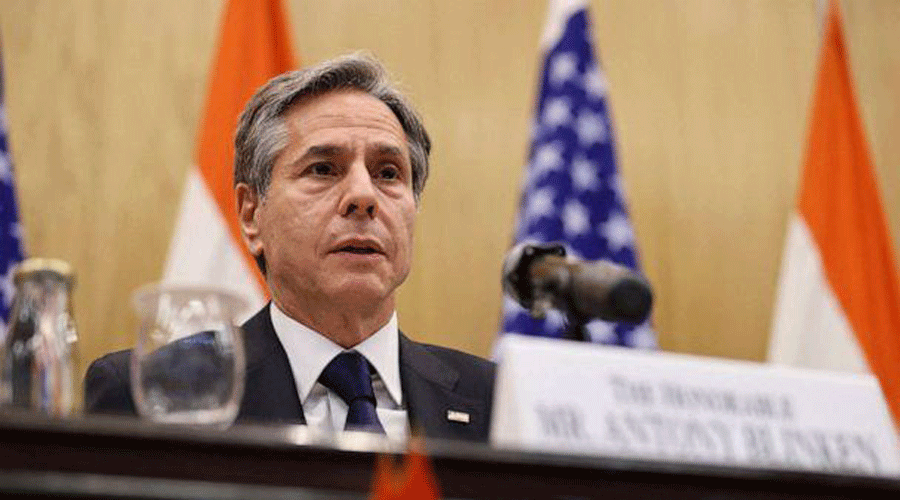When secretary of state Antony J. Blinken arrives in South Africa on Sunday, he will become the third high-ranking American official to have visited the African continent in two weeks.
He is also hot on the heels of his Russian counterpart, Sergey V. Lavrov, who just wrapped up a charm offensive there in which he deflected blame for food shortages that were worsened by the Russian invasion of Ukraine and a blockade on grain shipments that lasted more than five months. President Emmanuel Macron of France also travelled to West and Central Africa late last month, warning against Russia’s growing influence on the continent.
We’re back to Cold War-style strategic diplomacy, many analysts have argued, in which superpowers try to convince African countries that their narrative is the right one, and vie for their support.
“The Russia-Ukraine war has engendered this flurry of the superpowers into Africa,” said Efem N. Ubi, a professor of international relations and the director of research and studies at the Nigerian Institute of International Affairs. “Everybody’s coming to say: ‘Support me!’”
On her visit to Uganda, Ghana and Cape Verde this week, the American ambassador to the UN, Linda Thomas-Greenfield, said Russia had been peddling a false narrative that western sanctions were to blame for keeping much-needed grain from international markets, and warned Africa that there would be consequences for buying Russian oil.
Before Thomas-Greenfield’s trip, Samantha Power, the administrator of the US Agency for International Development, went to Somalia, where almost half the population is going hungry, and said that if Russia did not free Ukrainian grains, people would die.
During the Cold War, the West and the Soviet Union tried to gain allies or proxies in the developing world, and African economic and political development was hindered as a result, scholars say.
(New York Times News Service)

